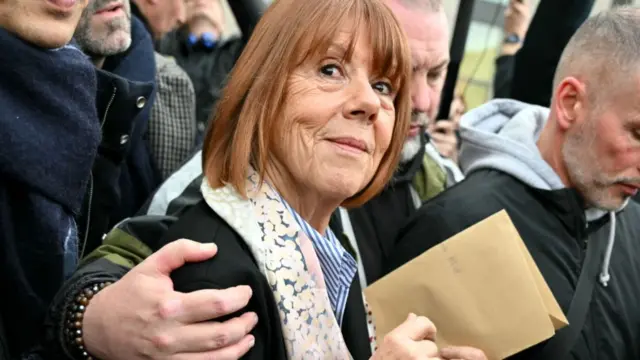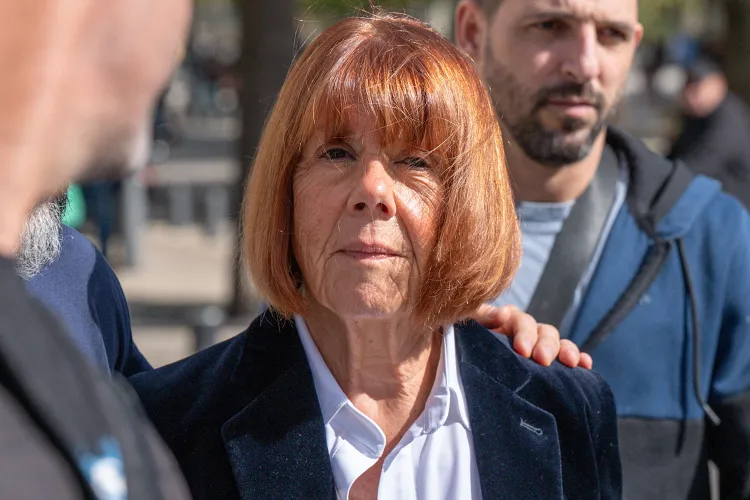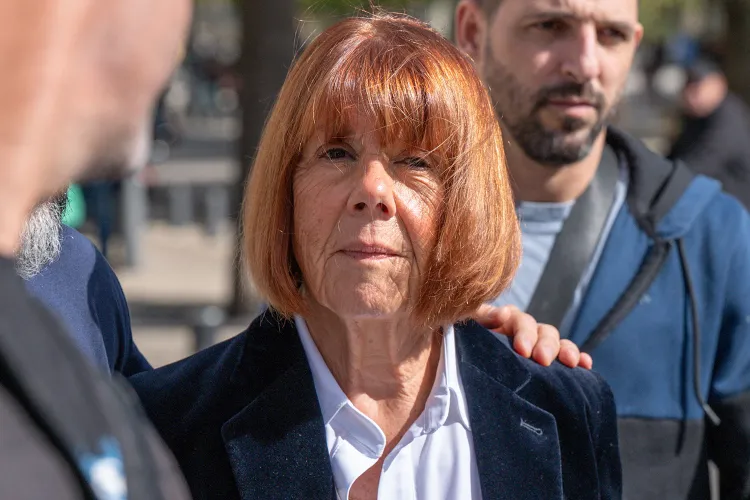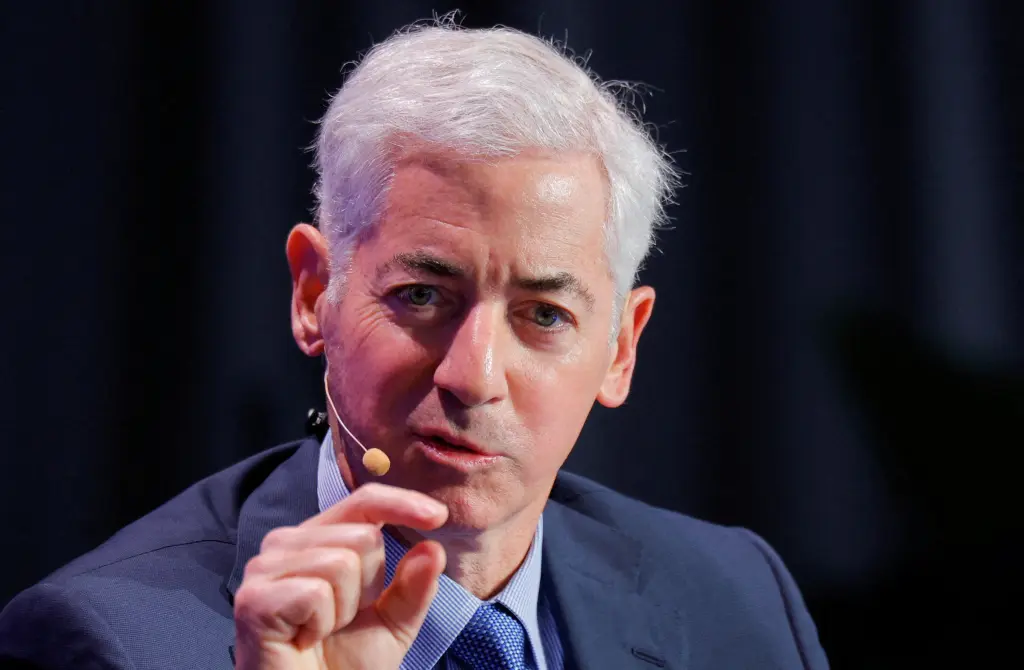After a Decade of Silence, Gisèle Pelicot Walks Into Court Again to Confront the Man Who Raped Her — and Still Denies It
When Gisèle Pelicot stepped into the courtroom, the air was heavy with history. For years, she had been the silent center of a horror story that unfolded behind closed doors — a life stripped of control, drugged without knowing, violated without awareness. Her husband, the man she once trusted, had betrayed her in the cruelest way possible: secretly drugging her and inviting dozens of men to their home, filming what he did while she lay unconscious. For almost a decade, this nightmare went on while Gisèle lived in darkness, unaware of the truth that would one day shatter her world.
When the crimes came to light, France was stunned. Her husband, Dominique Pelicot, was sentenced to 20 years in prison after being found guilty of drugging and raping his wife and facilitating the assaults of many others. Dozens of men were tried and convicted in one of France’s most disturbing abuse cases, with prison sentences ranging from three to fifteen years. But for Gisèle, it was never only about punishment — it was about truth. She refused to stay hidden. She made the brave choice to reveal her identity publicly, showing the world that shame belonged not to her, but to those who had stolen her dignity.

Now, years later, she faced the courtroom again. One of the men convicted, Husamettin Dogan, appealed his sentence, claiming he was misled by her husband, that he thought the acts were consensual. He denied raping her, despite the videos that told a different story. For Gisèle, hearing his denial was like reopening an old wound, but she did not flinch. She came to court not only as a witness but as a woman reclaiming her power.
She stood before him, composed but firm. In a quiet, steady voice, she said what every survivor deserves to say: “I never consented. I never agreed to any of this.” Her words cut through the courtroom — not angry, not dramatic, but clear. There was no mistaking her meaning. The man who had denied his actions could not look away, and neither could anyone else in that room. For a moment, the silence said everything the videos already had.

This wasn’t the first time Gisèle had spoken about her ordeal, but every time she did, she took back another piece of her stolen life. She has said before that her goal is not revenge, but recognition — for herself and for others who have suffered in silence. “I want people to understand that this can happen to anyone,” she once said. “You don’t have to hide. You can speak.” Her courage has already changed laws, conversations, and how France looks at consent and chemical submission.
The man on trial may keep denying what he did, but denial cannot erase truth. The videos exist. The testimonies exist. The pain she carries exists. What Gisèle has shown is that even when justice feels slow or incomplete, speaking the truth out loud is its own form of justice. In that courtroom, surrounded by lawyers, judges, and reporters, she reminded everyone that victims are not just evidence — they are people whose voices can rise again, no matter how much has been taken from them.

As she left the courthouse, she didn’t celebrate or cry. She simply walked with her head held high, a symbol of unbroken strength. What happened to her may have been beyond comprehension, but her response — choosing courage over silence — has become an act of defiance that continues to inspire.
Her story is not only about surviving a crime. It’s about reclaiming her own name, her body, her story. Gisèle Pelicot’s courage has already outlasted the lies of those who tried to silence her — and in the end, that might be the most powerful justice of all.



